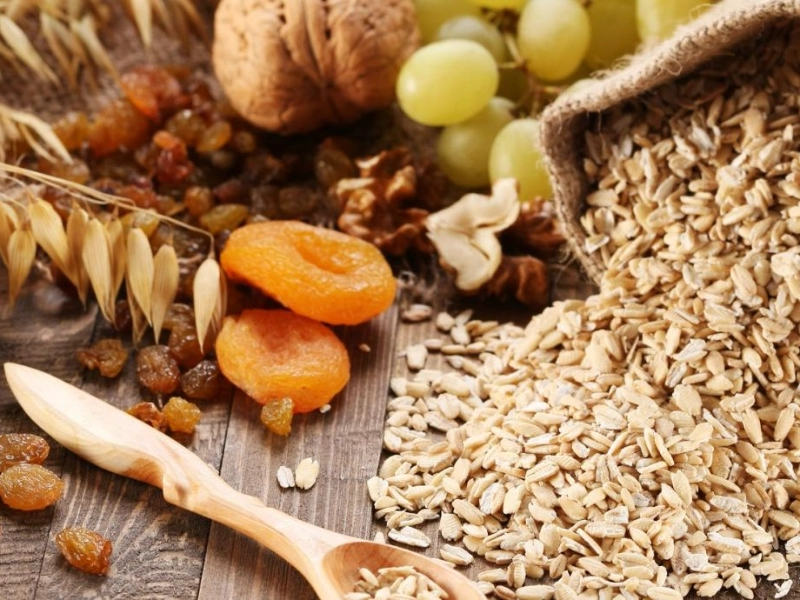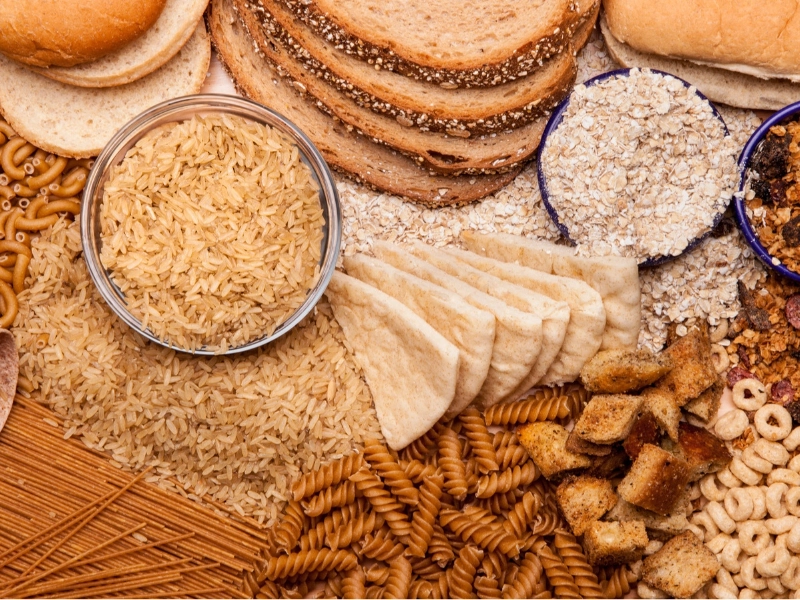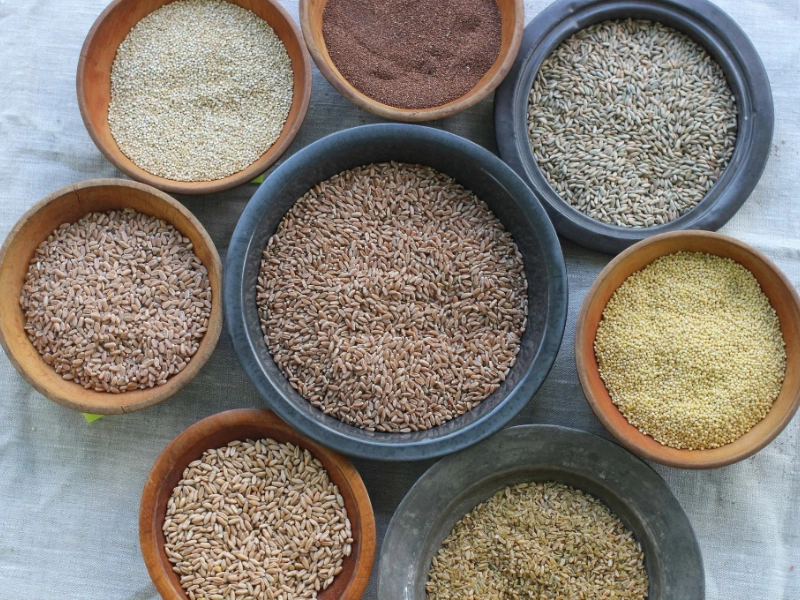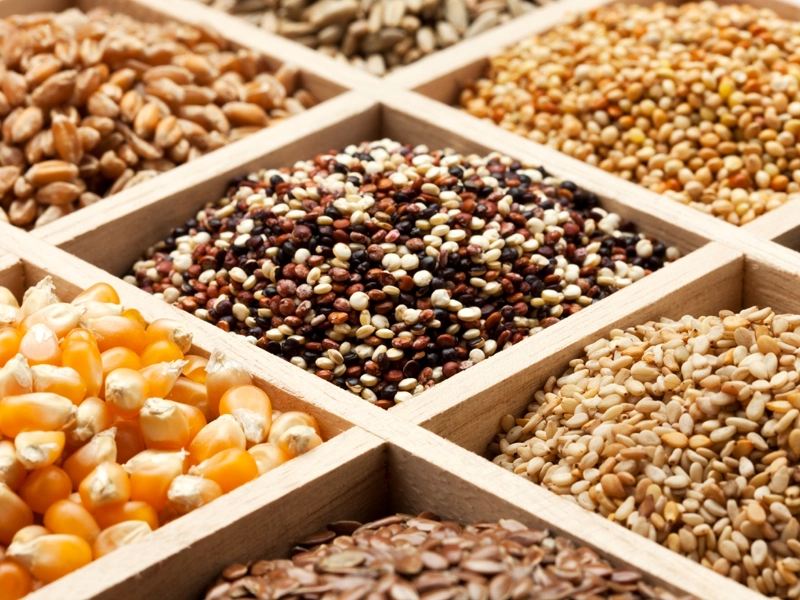A balanced diet depends on whole grains, which offer critical nutrients supporting general health. Among these nutrients, B vitamins are absolutely vital for preserving energy levels, supporting brain function, and advancing metabolic health. The wealth of B vitamins present in whole grains, their importance for human well-being, and how to include more whole grains into your diet for best health benefits will be discussed in this article.

Comprising water-soluble vitamins, B vitamins are vital for many different kinds of body processes. These comprise B1 (thiamine), B2 (riboflavin), B3 (niacin), B5 (pantothenic acid), B6 (pyridoxin), B7 (biotin), B9 (folate), and B12 (cobaline). Though they each have different purposes, these vitamins frequently cooperate to assist nervous system function, red blood cell creation, and energy generation. Particularly high in various B vitamins, whole grains are a great dietary choice for anyone trying to increase their consumption. One serving of whole grain bread, for instance, can meet your daily thiamine, niacin, and folate needs in big measure. Including whole grains in your meals will help you be sure you are getting a range of these vital minerals.

B vitamins are mostly useful for their part in energy metabolism. From the food we eat, they help turn proteins, lipids, and carbs into useable energy. Thiamine, for example, is essential for turning glucose into energy; riboflavin and niacin are part of the metabolic pathways generating ATP, the energy currency of our cells. Whole grains help you not only provide your body energy but also guarantee that it can effectively absorb the nutrients from your food. Those who lead active lives or those trying to keep a good weight should specifically pay this top priority. B vitamins enhance energy metabolism, thereby improving your general productivity and well-being and helping you to remain energised all day.

Moreover very important for preserving brain integrity are B vitamins. Their generation of neurotransmitters—chemicals that send messages in the brain—dependent on them is necessary. For instance, vitamin B6 helps manufacture serotonin, a neurotransmitter that controls mood; vitamin B12 is essential for preserving the health of nerve cells. Studies have indicated that enough B vitamin intake can boost brain clarity and assist lower cognitive decline risk. Rich in these vitamins, whole grains can thus be a wise dietary choice for maintaining brain function. Including whole grains in your diet will help you boost mental health and feed your brain.

Apart from their B vitamin count, whole grains help cardiac condition. They abound in dietary fibre, which lowers cholesterol and lessens the risk of heart disease. By controlling homocysteine levels—a chemical associated with a higher risk of heart disease when raised—b vitamins, especially folate, can support cardiovascular health. Whole grains are a heart-healthy food since they let you take advantage of B vitamins and fibre together. Easily included into your meals, foods include brown rice, quinoa, oats, and whole wheat bread provide both nutrition and cardiac protection.
Whole grains are easy and flexible addition to your diet. First start by substituting whole grains for processed grains in your dishes. Replace sugary cereals for breakfast with muesli or whole grain bread. Choose quinoa- topped whole grain sandwiches or salads at lunch. Dinner may start with brown rice or whole grain pasta as a healthy foundation for your preferred cuisine. Another chance to include healthy grains is snacking. While supplying vital nutrients, whole grain crackers, popcorn, or homemade granola bars will please your tastes. Little adjustments to your eating patterns will help you readily increase your whole grain and B vitamin intake.
All things considered, sustaining energy levels, supporting brain function, and encouraging general well-being depend on the richness of B vitamins found in whole grains. Including several whole grains in your diet will not only satisfy your taste receptors but also help you to appreciate their many health advantages. Whole grains are a wealth of nutrients that will improve your quality of life, not only a means of fibre. Accept the goodness of whole grains and make them a mainstay in your meals if you want a better, more vivid you.